Transportation Management Technology: How It’s Transforming Heavy Haul Logistics
In a world where timing, safety, and precision are everything, transportation management technology has become a vital force behind modern logistics. From smarter routing to real-time load tracking, advancements in technology are helping companies like Osage Specialized Transport deliver complex, oversized loads with greater reliability and efficiency than ever before.
Whether it’s pipeline equipment, construction machinery, or other specialized freight, staying ahead of the curve with the right transportation management technology is key to ensuring smooth, cost-effective operations across North America. Here’s a closer look at how this technology is shaping the future of heavy haul transportation.
Smarter Fleet Management Through Telematics
Fleet tracking isn’t new—but today’s transportation management technology has taken it far beyond simple GPS. With real-time telematics systems, dispatchers can now monitor exact vehicle locations, traffic patterns, weather changes, and driver behavior all in one place. This allows for dynamic rerouting, fewer delays, and optimized fuel usage.
Geo-fencing tools can even trigger automatic alerts when a truck enters or exits a specific zone—like a customer site, refueling stop, or restricted area—giving logistics teams complete visibility and control over every move.
At Osage Specialized Transport, we utilize telematics to ensure oversized freight is delivered safely and on schedule—because when you’re hauling massive, high-value cargo, every second and every mile counts.
The Internet of Things (IoT) Enhances Load Visibility
One of the most exciting developments in transportation management technology is the use of IoT—an interconnected network of smart devices that collect and transmit valuable data.
In our industry, this means sensors that monitor cargo stability, trailer temperature, tire pressure, and even engine performance. For sensitive or high-stakes freight, this data helps ensure the load stays secure and equipment stays operational throughout the journey.
A vibration sensor, for example, can alert drivers if road conditions are putting stress on the equipment being transported. Real-time diagnostics can detect maintenance issues before they turn into downtime. These features add a layer of safety and responsiveness that wasn’t possible even a decade ago.
Cloud-Based Transportation Management Systems (TMS)
Gone are the days of paper logs and spreadsheets. Today, cloud-based transportation management technology allows all stakeholders—from drivers to customers—to access shipment data, schedules, invoices, and updates in real time, from anywhere.
With a centralized digital system, dispatchers can streamline communication, automate billing, and manage complex delivery timelines with ease. This is especially critical in the world of heavy haul, where route planning, permits, escorts, and clearances must be tightly coordinated.
At Osage, our back-end systems are built to handle the complexity and scale of heavy equipment transport while remaining flexible enough to adapt to our clients’ changing needs.
Automation and AI Are Driving Greater Efficiency
Artificial Intelligence (AI) and machine learning are quietly becoming the backbone of modern transportation management technology. These tools can analyze thousands of data points—from historical traffic patterns to seasonal delivery trends—to predict the most efficient delivery paths.
Automation also plays a role in dispatching, billing, document management, and even regulatory compliance. This means less manual paperwork, fewer errors, and a smoother overall experience for clients and drivers alike.
When it comes to heavy haul, that efficiency translates into faster response times and a more dependable logistics chain.
Future Innovations: Autonomous Vehicles and Drones
While full autonomy is still a few years out for large freight operations, many companies are testing autonomous trucks for long-haul routes. Meanwhile, drones are being explored for final-mile delivery and site inspections—especially in hard-to-reach or hazardous areas.
While Osage doesn’t rely on driverless tech yet, we continue to follow these trends closely to stay ahead of what’s next in transportation management technology.
Why It Matters in Heavy Haul Transport
Understanding and implementing the right transportation management technology makes all the difference in specialized logistics. With the size and sensitivity of the equipment we move—often across state lines and rugged terrain—efficiency, safety, and transparency are non-negotiable.
These technologies empower companies like Osage to reduce delivery risk, increase customer satisfaction, and improve cost-efficiency—whether you’re moving a single compressor skid or coordinating an entire pipeline transport project.
Partner with Osage Specialized Transport
With decades of experience and a commitment to innovation, Osage Specialized Transport delivers more than just freight—we deliver peace of mind. Our investment in leading-edge transportation management technology allows us to offer smarter, safer, and more dependable transport services tailored to your needs.
Whether you need assistance with load planning, route optimization, or real-time updates, our expert team is here to support your success from start to finish.
Reader interactions
One Reply to “Transportation Management Technology: How It’s Transforming Heavy Haul Logistics”
Comments are closed.






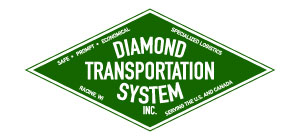

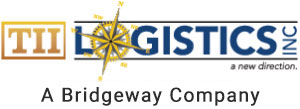
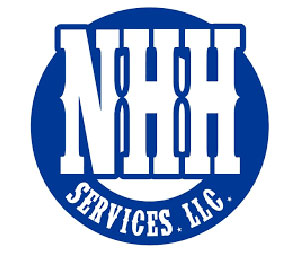
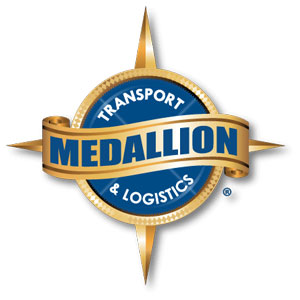
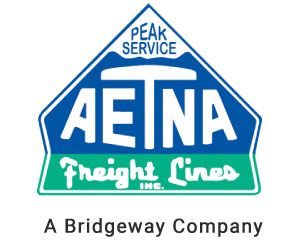


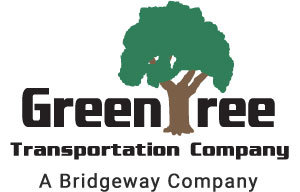


[…] last thing you want is to deal with permits or other headaches after the fact. It’s best to consult a professional like Osage Specialized Transport to get you from point A to point B safely and legally. Here are […]